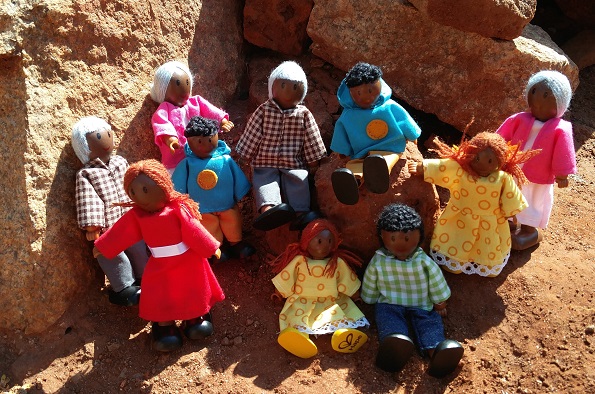
Cultural evolution of kinship diversity: the micro and macro of talking about family (Professor Fiona Jordan, University of Bristol)
Add this event to my calendar
Click on "Create a calendar file" and your browser will download a .ics file for this event.
Microsoft Outlook: Download the file, double-click it to open it in Outlook, then click on "Save & Close" to save it to your calendar. If that doesn't work go into Outlook, click on the File tab, then on Open & Export, then Open Calendar. Select your .ics file then click on "Save & Close".
Google Calendar: download the file, then go into your calendar. On the left where it says "Other calendars" click on the arrow icon and then click on Import calendar. Click on Browse and select the .ics file, then click on Import.
Apple Calendar: The file may open automatically with an option to save it to your calendar. If not, download the file, then you can either drag it to Calendar or import the file by going to File >Import > Import and choosing the .ics file.
Humans have a variety of mating and marriage systems, and societies vary in the ways in which they classify family. This variation is not without limits, and explaining constraints and diversity invites a multi-level evolutionary perspective. In this talk Fiona will describe the VariKin project, a multidisciplinary approach to understand the patterned variation in human kinship systems. The team brings together theory and method across anthropology, linguistics, evolutionary biology, cognitive science, and computational methods. They have results from large cross-cultural analyses using comparative phylogenetic methods, studies of the patterns of frequency of use in different language varieties, and insights into child acquisition and use from fieldwork in a Datooga community in Tanzania. Our framework takes inspiration from Tinbergen's four questions towards illuminating a longstanding enquiry into human variability.
